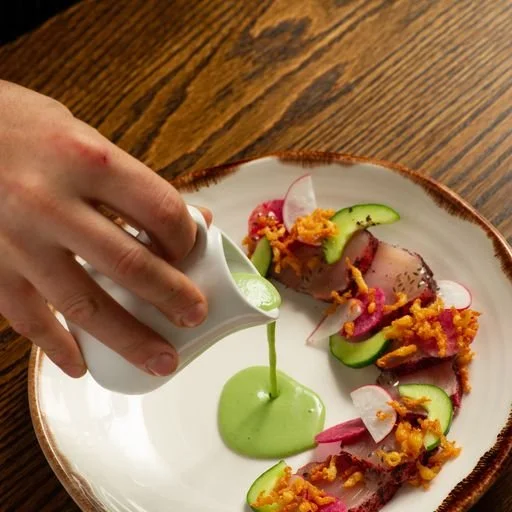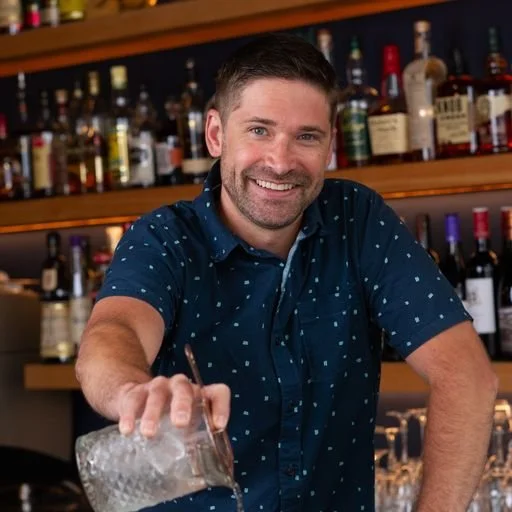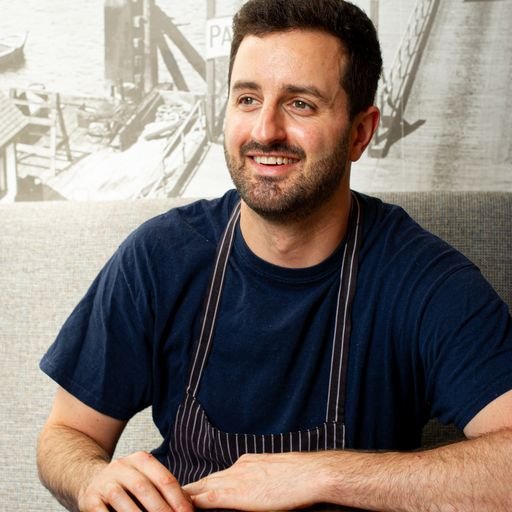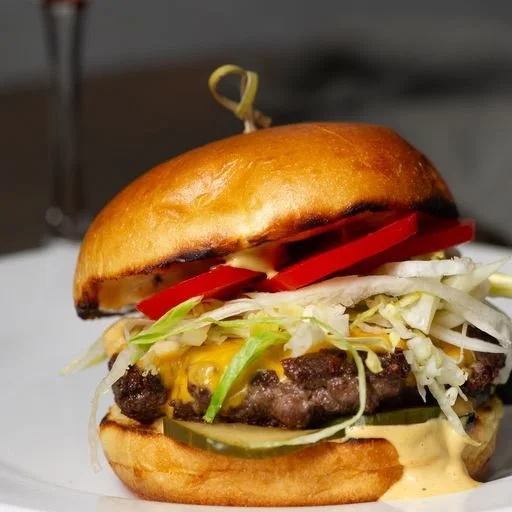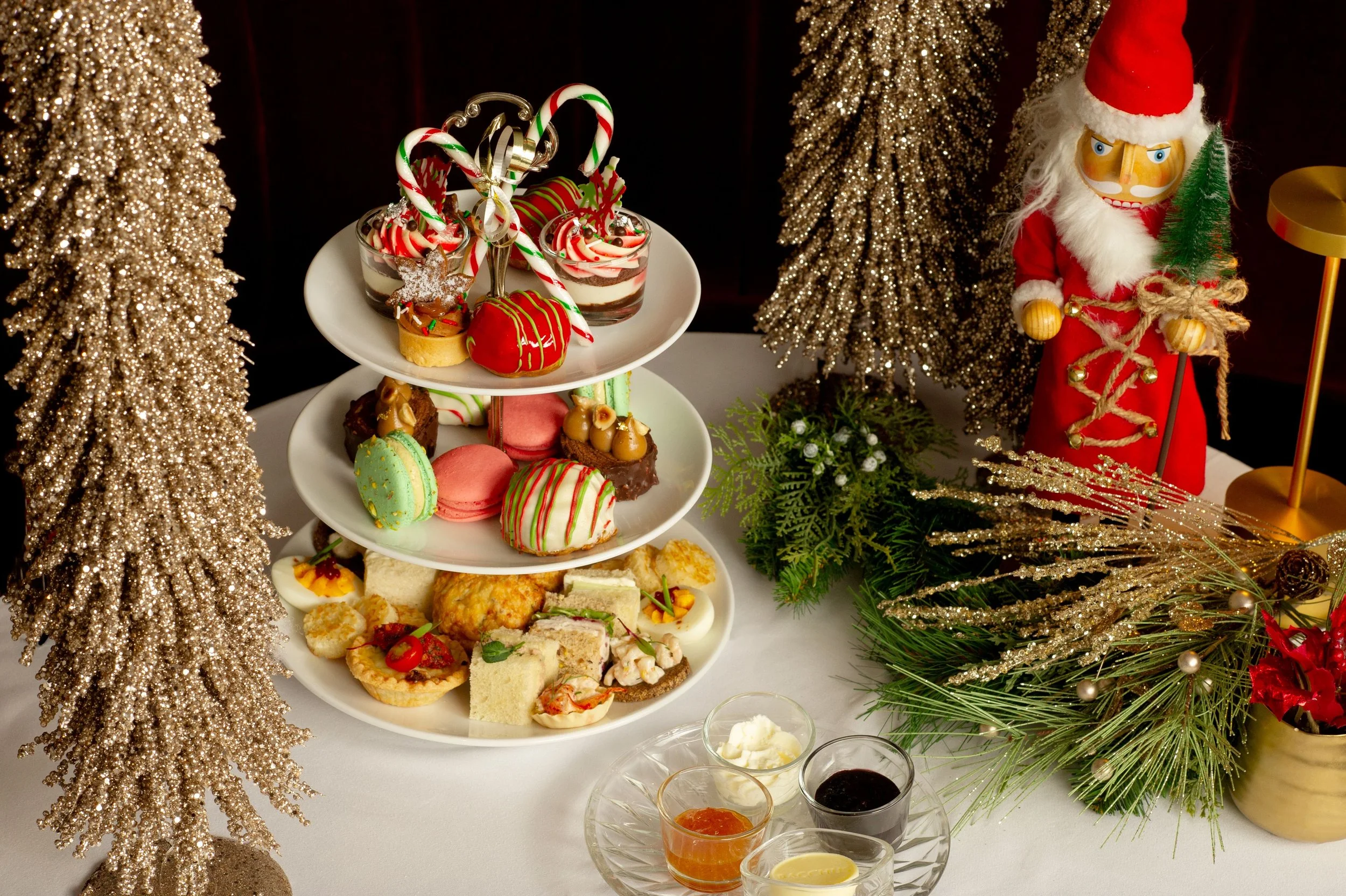From Berkeley's Chez Panisse to a North Vancouver institution, chef Colin Vyner combines aesthetics with craftsmanship
Helming the kitchen at the Gull Bar & Kitchen, the culinary artist is a champion of hyperlocal ingredients
The Gull Bar & Kitchen. Photo by Jamie-Lee Fuoco.
ALICE WATERS IS a global culinary leader, the chef-founder of Berkeley, California’s Chez Panisse being a decades-long champion of local, sustainable agriculture; equitable access to healthy, organic food; and school-yard edible gardens. She’s also a role model to local chef Colin Vyner, who worked at what has been called America’s most widely acclaimed restaurant and who is now bringing that same dedication to all things local to the Gull Bar & Kitchen in North Vancouver.
“Once I decided to choose culinary arts as my career, I wanted to learn as much as possible,” Vyner tells Stir. “I think I have read every chef memoir that is in English. I was always trying to learn and understand as much as possible, and I have always thought of California as an amazing place with excellent food and wine and a true new world leader of the culinary world. Spending some time in the Bay Area was a great place to see true farm-to-table style—staying true to the ingredients and not trying to be overly technical, letting the product speak for itself. Chez Panisse was something special as a chef; it lined me up on the stage. It’s a really beautiful restaurant and getting to meet Alice Waters was a career highlight.”
Among the other places Vyner has worked are Cioppino’s Mediterranean Grill & Enoteca and Sonora Resort. “As I have matured, what keeps me inspired is teaching people the things I have learned along the way and working closely with those who grow the food and create a better understanding of food systems,” he says.
What Vyner is serving up at the corner of East 1st Street and St. Georges Avenue in Lower Lonsdale is a major departure from the restaurant’s beginnings. The Rusty Gull, which was in existence for some 35 years, was a North Van institution. Having moved away from the old-school pub concept, the Gull is still owned by the same family today.
Vyner and general manager Phil Tapping wanted to fill a gap that exists across the North Shore, creating an independent establishment (not part of a chain) that makes thoughtfully sourced and creatively prepared food and drink but that’s not too high-end.
“The Gull means so much to me, as this building and business has been in our family since 1983,” Tapping tells Stir. “I have always wanted to make the Gull a special place again to our neighbours and community. I’ll always remember going to the old place early in the morning with my dad, and I hope that one day my son can do the same. In the end, the guests leaving with a smile on their faces is why I am in this business. Our vision for the Gull has always been taking classic dishes and drinks and putting our own touches on them, elevating them and making them unique to us. The vision for myself in the front of house is to treat the guests as if they were dining in their own home and for everyone to be themselves. I love going to restaurants and having interactions as if I’m talking to a friend or colleague and not a robot.”
Just how local are the ingredients on the Gull’s seasonal menu? Some come from as close as a few blocks away, sourced form Loutet Farms, a member of BC Farmers Markets that stemmed from North Shore Neighbourood House’s Edible Garden Project. “Farmer Hadyn says it best: Loutet is a keyhole view of farming that exists, and people can see this tiny piece of land and how much it can produce and support the community around it,” Vyner says. “I believe every municipality in the Lower Mainland should be looking at Loutet as a way to support their community with urban farming.”
Vyner also sources from other nearby producers, like Hanna Brook Farm in Maple Ridge and Pemberton’s North Arm Farm, while getting Canadian grains and legumes from Flourist, which supports small, independent farmers (whom they mention by name on their packages) across the country.
The Gull has become famous for its burger, with organic B.C. chuck beef and condiments made from scratch – “keep it simple”, Vyner says; salads like warm roasted beets and delicata squash; and four-cheese agnolotti with porcini puree, wild mushrooms, brown butter, and pecorino.
Phil Tapping (left) and Colin Vyner. Photos by Jamie-Lee Fuoco.
Tapping, whose resume includes roles at Cactus Club, the Diamond, Il Castello, and Blue Water Café, among other places, also has an appreciation for the arts, no matter what form they may take. While there are archival Shipyards District photos to be found inside the cozy spot, one of the walls is emblazoned with a shipwreck and fantastical octopus, alongside detailed portraits of a few regulars, all done in chalk art done by longtime bartender Curtis Sharp.
“Curtis is a very creative individual, and I just told him to do his thing on the walls,” Tapping says. “As we are in the Shipyards District, we felt a nautical theme would go perfect and add a nice touch to the room. I always promote creativity from employees and allow them to do whatever they please, be it cocktails or chalk art.”
“Keep it simple,” says Colin Vyner of the Gull burger. Photo by Jamie-Lee Fuoco.
With his International Sommelier Guild (Level 2) and Prud’homme beer certification (Level 1), Tapping lets his own creativity shine on the wine, beer, and cocktail menus. “We always try to support locals on the list,” he says. We work extremely closely with Garden of Granite, who are located a stone’s throw from the Gull. They source all their grapes from the Okanagan and do their vinification at the location in North Van. For beer, we have a 95-percent local list with Guinness on there… Because who doesn’t love a good Guinness? We have 10 taps: one cider, seven mainstay taps, and two that rotate seasonally. With the abundance of breweries in B.C., it’s easy to find great beers that we can rotate in and out of the list.” (Think Superflux, Strange Fellows, Four Winds, Beere, and the like.)
For Vyner, the artistic side of culinary arts is where it all clicks.
“I am always inspired by the season; it is the biggest thing for me to start the creative process,” he says. “I try not to stray too far from things that are classic pairings, but the technical side of things is where I would say I put my creativity to work….You also need to be able to understand the creative process and use the technical skills you have learned to be able to portray the flavours and ideas you have.
“I love culinary arts because it’s at the crossing point of style and technique,” Vyner says. “You have to have a good aesthetic as well as be a true craftsperson.”
.



